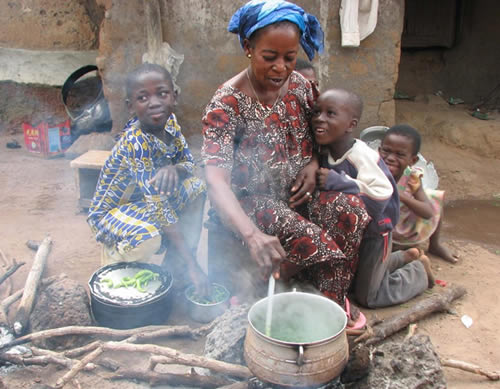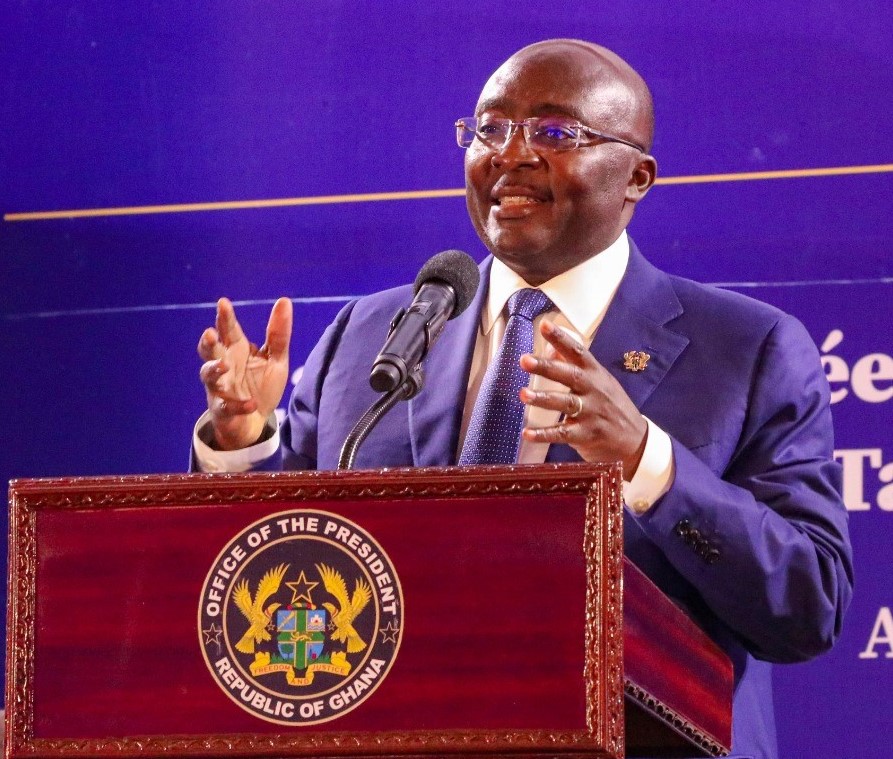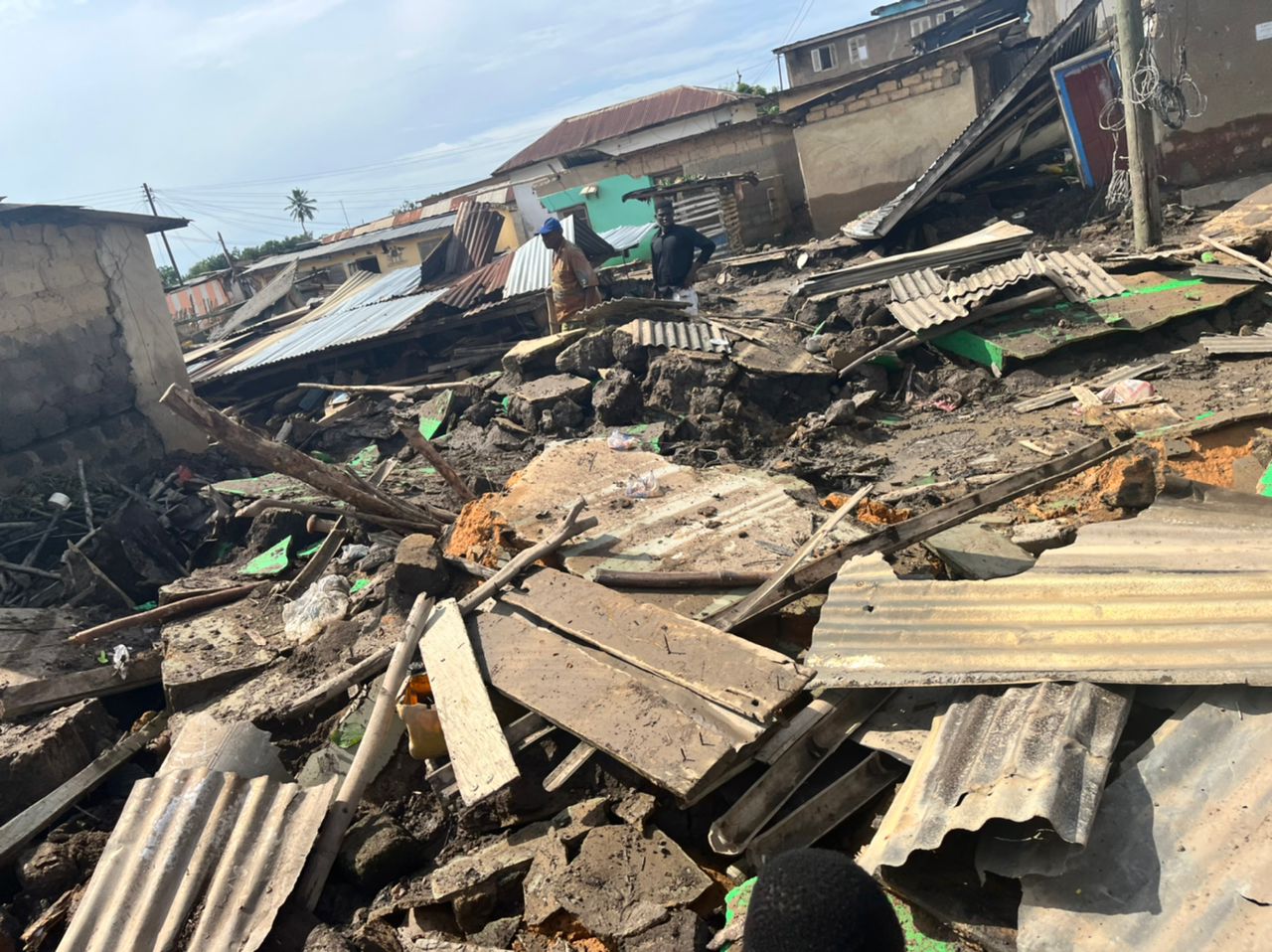

 A new report by the International Energy Agency (IEA), the International Renewable Energy Agency (IRENA), the United Nations Statistics Division (UNSD), the World Bank, and the World Health Organization (WHO) says the world is not on track to achieve the Sustainable Development Goal (SDG) 7 for energy by 2030.
A new report by the International Energy Agency (IEA), the International Renewable Energy Agency (IRENA), the United Nations Statistics Division (UNSD), the World Bank, and the World Health Organization (WHO) says the world is not on track to achieve the Sustainable Development Goal (SDG) 7 for energy by 2030.
The 2023 edition of Tracking SDG 7: The Energy Progress Report has warned that current efforts are not enough to achieve the SDG 7 on time.
A press statement made available to Ghana Business News says, “there has been some progress on specific elements of the SDG 7 agenda – for example, the increased rate of using renewables in the power sector – but progress is insufficient to reach the targets set forth in the SDGs.”
The report noted that mounting debt and rising energy prices are worsening the outlook for reaching universal access to clean cooking and electricity.
“Current projections estimate that 1.9 billion people will be without clean cooking and 660 million without electricity access in 2030 if we do not take further action and continue with current efforts,” the reported said.
“These gaps will negatively impact the health of our most vulnerable populations and accelerate climate change.”
According to the WHO, 3.2 million people die each year from illness caused by the use of polluting fuels and technologies, which increase exposure to toxic levels of household air pollution.
Some key findings contained in the report, show that in 2021, 567 million people in sub-Saharan Africa did not have access to electricity, accounting for more than 80 per cent of the global population without access. The access deficit in the region stayed almost the same as in 2010.
Similarly, the world remains off track to achieve universal access to clean cooking by 2030 with up to 2.3 billion people still using polluting fuels and technologies for cooking, largely in sub-Saharan Africa and Asia.
The report noted that renewable electricity use in global consumption has grown from 26.3 per cent in 2019 to 28.2 per cent in 2020, the largest single-year increase since the start of tracking progress for the SDGs.
It added, “efforts to increase renewables’ share in heating and transport, which represent more than three quarters of global energy consumption, remain off target to achieve 1.5oC climate objectives.”
“Energy intensity-the measure of how much energy the global economy uses per dollar of GDP- improved from 2010 – 2020 by 1.8 per cent annually. This is higher than the 1.2 per cent improvement from the previous decades.”
“However, the rate of energy intensity improvement has slowed in recent years and dropped to 0.6 per cent in 2020. This makes it the worst year for energy intensity improvement since the global financial crisis, albeit largely due to pandemic-related restrictions, which may indicate only a temporary setback,” the reported noted.
It further noted that international public financial flows in support of clean energy in developing countries stand at $10.8 billion in 2021, 35 per cent less than the 2010-2019 average and only about 40% per cent of the 2017 peak of $26.4 billion. In 2021, 19 countries received 80 per cent of the commitments.”
Providing some background to the energy situation, the report said this year marks the halfway point for achieving SDGs by 2030. The SDG 7 is to ensure access to affordable, reliable, sustainable and modern energy.
The goal includes reaching universal access to electricity and clean cooking, doubling historic levels of efficiency improvements, and substantially increasing the share of renewables in the global energy mix.
Attaining this goal will have a deep impact on people’s health and well-being, helping to protect them from environmental and social risks such as air pollution, and expanding access to primary health care and services.
“The global energy crisis is expected to stimulate the deployment of renewables and improve energy efficiency with several government policies pointing to increasing investment, the reported added.
The report is to be presented to top decision-makers at a special launch event on July 11, 2023 at the High-Level Political Forum (HLPF) on Sustainable Development, ahead of the second SDG Summit in September 2023 in New York.
The authors of the report are urging the international community and policymakers to safeguard the gains made toward achieving SDG?7, to advance structural reforms, and to maintain a strategic focus on the vulnerable countries needing the most support.
The report is published by the SDG 7 custodian agencies, the International Energy Agency (IEA), the International Renewable Energy Agency (IRENA), the United Nations Statistics Division (UNSD), the World Bank, and the World Health Organization (WHO).
It aims at providing the international community with a global dashboard to register progress on energy access, energy efficiency, renewable energy and international cooperation to advance SDG 7. This is the ninth edition of this report, formerly known as the Global Tracking Framework (GTF).
By Eunice Menka
Copyright ©2023 by NewsBridge Africa.
All rights reserved. This news item or any portion thereof may not be reproduced or used in any manner whatsoever without the express written permission of the publisher except for the use of brief quotations in reviews.
The post The world’s 2.3 billion people using harmful cooking fuels and millions are without electricity – Report appeared first on Ghana Business News.
Read Full Story





















Facebook
Twitter
Pinterest
Instagram
Google+
YouTube
LinkedIn
RSS